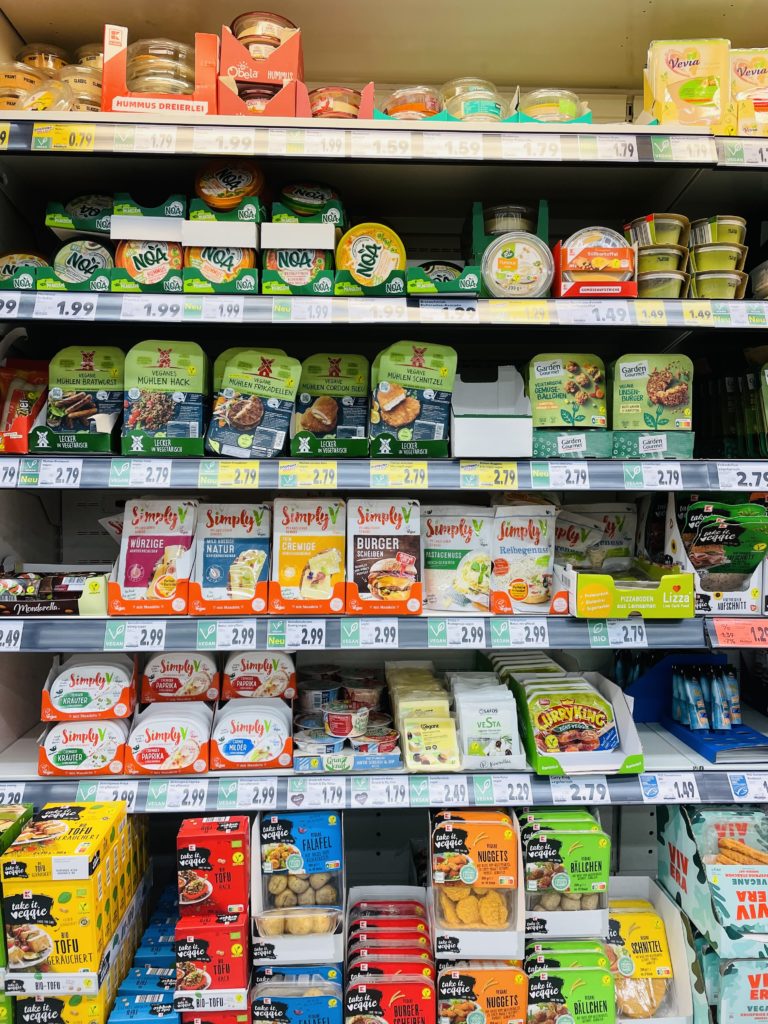Veganism is a philosophy and way of life in which one does not use or eat any animal-derived products such as meat, fish, eggs, cheese or leather and it’s safe to say that it’s more a lifestyle choice rather than a diet. It is a very controversial topic nowadays because many people don’t want to believe that meat and dairy production contribute to many problems we will have in our future if we don’t change something soon.

© Marina Förster
There are many different reasons why meat and dairy are especially harmful for our environment. First of all, the grain feed used for livestock is the main cause of deforestation, which leads to the destruction of living space for animals and therefore resulting in habitat loss and species extinction. Furthermore, it comes with an extensive use of crops and water, which could be used differently and more efficiently to actually produce food for humans instead of livestock. On the whole, it is a big factor in the development of global warming because of the methane cattle produces, widespread pollution of groundwater, caused by runoff from agricultural areas and land degradation, which can be accelerated by deforestation. Food and land security are becoming a major issue because we won’t have enough food left in the future if we continue wasting our resources for meat and dairy production.
The question is, how does being or going vegan actually help the environment? It is safe to say that a plant-based lifestyle has a lot of other benefits but does it really change something for our environmental issues? The answer is definitely ‘YES’. By avoiding eating animal-derived products one can reduce their individual carbon footprint from food by up to 73 per cent. Moreover, the world could decrease its global farmland use by 75 per cent, which would lead to a significant drop in greenhouse gas emissions and the recapture of wild land lost to agriculture, which has been the biggest cause for mass extinction. Water scarcity is another problem which could be tackled by consuming less meat, as growing vegetables and fruits require far less water than for example beef, which needs 15 tons per kilogram. By 2030 we will only have 60 percent of the water we would need left if we don’t rethink our food choices now.
It is important to mention that there are also environmental arguments against veganism but the ones for a vegan lifestyle predominate. Joseph Poore, a researcher at the University of Oxford said: “A vegan diet is probably the single biggest way to reduce your impact on planet Earth, not just greenhouse gases, but global acidification, eutrophication, land use and water use . . . It is far bigger than cutting down on your flights or buying an electric car.”
Author: Marina Förster
